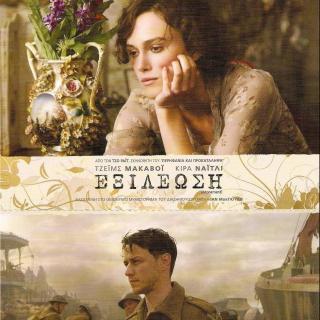
介绍:
He rolled onto his side, eyes fixed and unseeing, and indulged a cinema fantasy: she pounded against his lapels before yielding with a little sob to the safe enclosure of his arms and letting herself be kissed; she didn’t forgive him, she simply gave up. He watched this several times before he returned to what was real: she was angry with him, and she would be angrier still when she knew he was to be one of the dinner guests. Out there, in the fierce light, he hadn’t thought quickly enough to refuse Leon’s invitation. Automatically, he had bleated out his yes, and now he would face her irritation. He groaned again, and didn’t care if he were heard downstairs, at the memory of how she had taken off her clothes in front of him—so indifferently, as though he were an infant. Of course. He saw it clearly now. The idea was to humiliate him. There it stood, the undeniable fact. Humiliation. She wanted it for him. She was not mere sweetness, and he could not afford to condescend to her, for she was a force, she could drive him out of his depth and push him under.
But perhaps—he had rolled onto his back—he should not believe in her outrage. Wasn’t it too theatrical? Surely she must have meant something better, even in her anger. Even in her anger, she had wanted to show him just how beautiful she was and bind him to her. How could he trust such a self-serving idea derived from hope and desire? He had to. He crossed his legs, clasped his hands behind his head, feeling his skin cool as it dried. What might Freud say? How about: she hid the unconscious desire to expose herself to him behind a show of temper. Pathetic hope! It was an emasculation, a sentence, and this—what he was feeling now—this torture was his punishment for breaking her ridiculous vase. He should never see her again. He had to see her tonight. He had no choice anyway—he was going. She would despise him for coming. He should have refused Leon’s invitation, but the moment it was made his pulse had leaped and his bleated yes had left his mouth. He’d be in a room with her tonight, and the body he had seen, the moles, the pallor, the strawberry mark, would be concealed inside her clothes. He alone would know, and Emily of course. But only he would be thinking of them. And Cecilia would not speak to him or look at him. Even that would be better than lying here groaning. No, it wouldn’t. It would be worse, but he still wanted it. He had to have it. He wanted it to be worse.
At last he rose, half dressed and went into his study and sat at his typewriter, wondering what kind of letter he should write to her. Like the bedroom and bathroom, the study was squashed under the apex of the bungalow’s roof, and was little more than a corridor between the two, barely six feet long and five feet wide. As in the two other rooms, there was a skylight framed in rough pine. Piled in a corner, his hiking gear—boots, alpenstock, leather knapsack. A knife-scarred kitchen table took up most of the space. He tilted back his chair and surveyed his desk as one might a life. At one end, heaped high against the sloping ceiling, were the folders and exercise books from the last months of his preparations for finals. He had no further use for his notes, but too much work, too much success was bound up with them and he could not bring himself to throw them out yet. Lying partly across them were some of his hiking maps, of North Wales, Hampshire and Surrey and of the abandoned hike to Istanbul. There was a compass with slitted sighting mirror he had once used to walk without maps to Lulworth Cove.
Beyond the compass were his copies of Auden’s Poems and Housman’s A Shropshire Lad. At the other end of the table were various histories, theoretical treatises and practical handbooks on landscape gardening. Ten typed-up poems lay beneath a printed rejection slip from Criterion magazine, initialed by Mr. Eliot himself. Closest to where Robbie sat were the books of his new interest. Gray’s Anatomy was open by a folio pad of his own drawings. He had set himself the task of drawing and committing to memory the bones of the hand. He tried to distract himself by running through some of them now, murmuring their names: capitate, hamate, triquetral, lunate . . . His best drawing so far, done in ink and colored pencils and showing a cross section of the esophageal tract and the airways, was tacked to a rafter above the table. A pewter tankard with its handle missing held all the pencils and pens. The typewriter was a fairly recent Olympia, given to him on his twenty-first by Jack Tallis at a lunchtime party held in the library. Leon had made a speech as well as his father, and Cecilia had been there surely. But Robbie could not remember a single thing they might have said to each other. Was that why she was angry now, because he had ignored her for years? Another pathetic hope.
大家还在听

